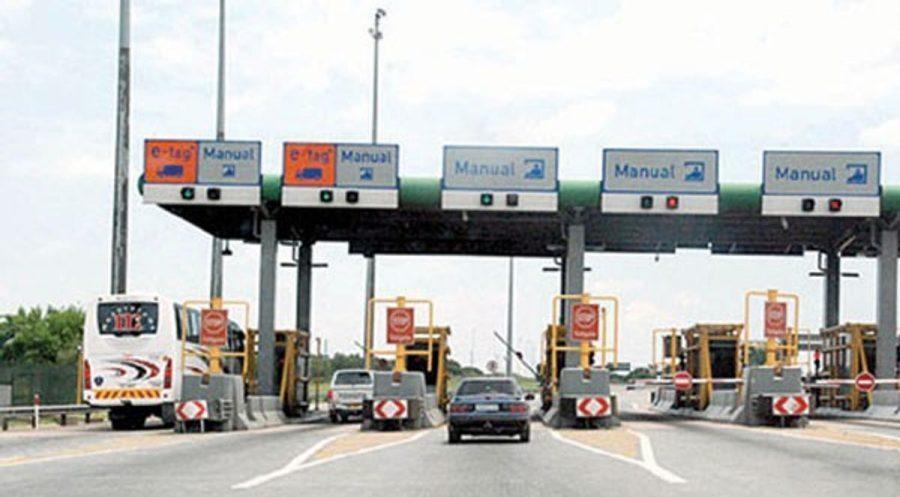Consumer prices in Nigeria rose at a faster pace in September following a recent closure of the country’s land borders with the Benin Republic to combat smuggling activities coupled with foreign exchange ban on food imports. This is the country’s fastest increase in four months.
The country’s inflation rate, a measure of composite changes in the prices of consumer goods and services, increased by 11.24 percent in September from a year earlier compared with 11.02 percent in August, the National Bureau of Statistics (NBS) said Tuesday in a report published on its website. That’s coming after three months of consecutive decline.
The food subindex, which accounts for more than half of the inflation basket, rose 13.51 percent in September from 13.17 percent surge recorded in the previous month, while the index that measures inflation of all items excluding farm produce increased by 8.94 percent in the review month as against 8.68 percent recorded in August.
Read also:¬ÝNigeria‚Äôs border closure hits hard on rice-exporting countries
In August, President Muhammadu Buhari ordered the partial closure of Nigeria’s border with the Benin Republic to curb smuggling of rice and other commodities, and also directed the Central Bank of Nigeria (CBN) to stop providing dollars to import food items in a bid to ramp up local farm production and attain full food security.
“The closure of the borders was met with considerable apprehension,” the Economic Think Tank at FDC Financial Derivatives Company said in a note to clients. That “resulted in shortages of smuggled commodities especially rice, turkey, chicken, and baking margarine.”
Meanwhile, while the impact of the partial border closure is being felt in both Benin and Nigeria, the federal government followed it up with a complete ban of all import and export of goods across the nation’s land borders on Monday, October 14.










